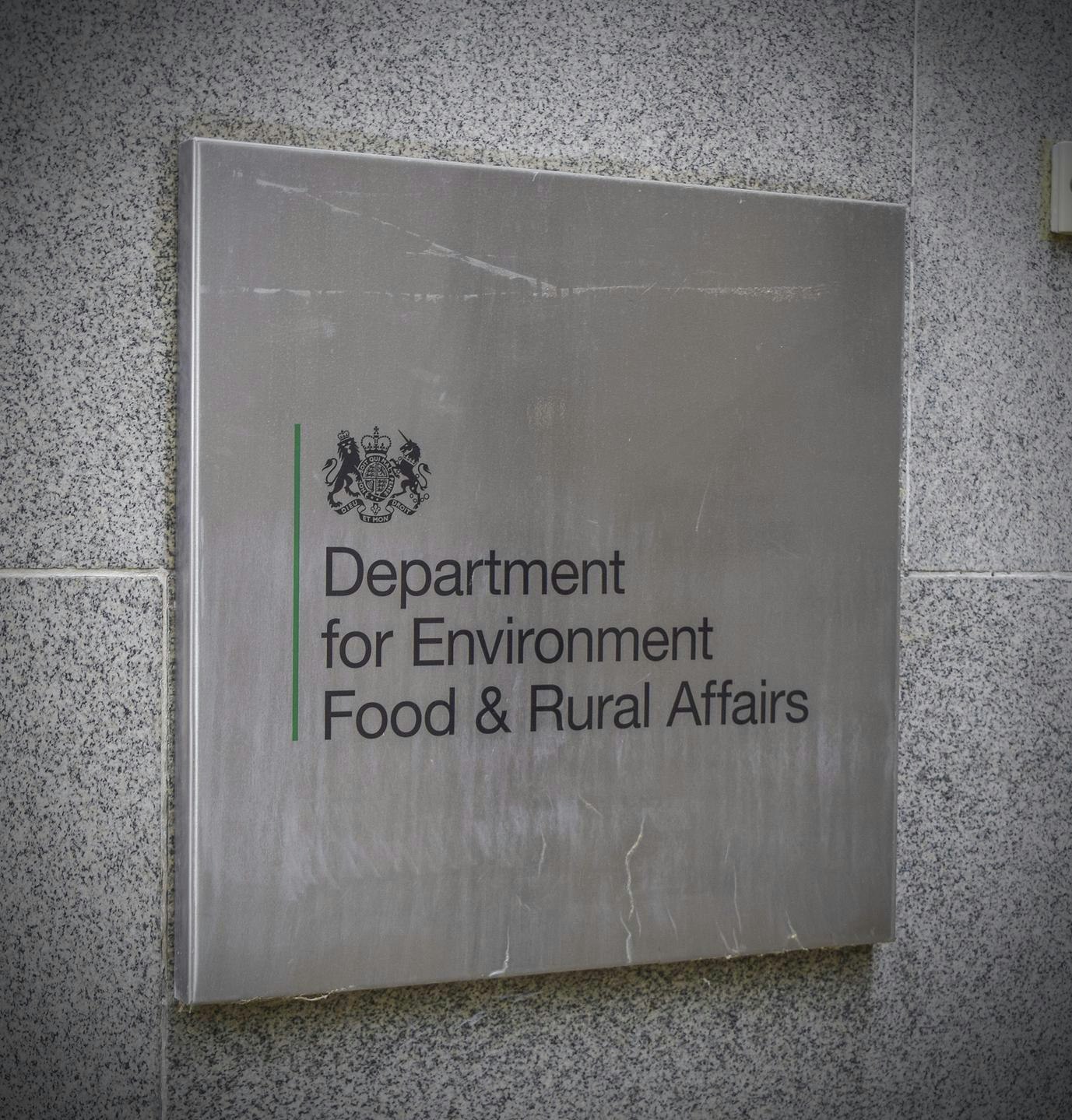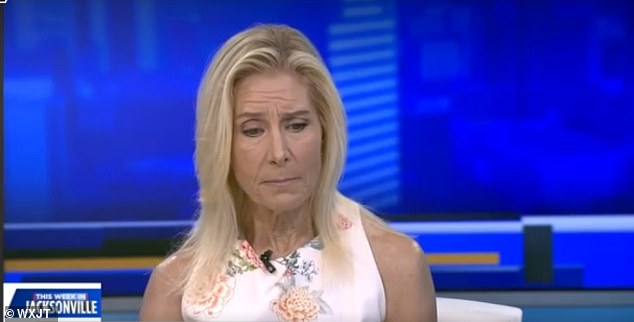This article is taken from the July 2025 issue of The Critic. To get the full magazine why not subscribe? Right now we’re offering five issues for just £25.
There’s much to be said for high summer, but, for those of us who regularly get up at dawn to shoot deer in the woods, it’s a time of great exhaustion. Light, in June, starts to seep into the sky at about 3.30am, at which point muntjac and roe are at their most active. Those early hours, well before breakfast, are the best if you really want to put carcasses in the larder.
I would happily hang up my rifle and recommence proceedings in early autumn when the dew lies heavy and the leaves are turning. But my recent and not-entirely-serious venture — PG Venison and Game Supplies — has been more of a success than I anticipated, and the orders have been rolling in thick and fast.
“Just one pack of mince left,” read a WhatsApp message yesterday from a farm shop I’ve been supplying. “And a lady has asked for enough loin to feed 12. Can you sort for Wednesday?”
I’m yet to reply, but the lean truth of it is that loin for 12 necessitates catching up with two big roe bucks or about five little muntjac deer. I like to think there’s a certain charm in the unpredictability of the wild meat game: will you or won’t you be able to feed all those people you’ve got coming for dinner?
But I guess I’ll probably end up cancelling all of my weekend plans.
A customer let down, a great London butcher once told me, is a customer lost.
Last week, I had to say “no” to a don at Cambridge — “I like the idea of becoming official venison supplier to St John’s,” I told her. “But at this point I’m struggling to keep up with the demand from the man in the village who makes pizzas on Friday evening.” The literature scholar was understanding.
But all of these quite early mornings have given me a chance to reflect on the state of the land: deer are doing immensely well across England (far too well according to most), but so much wildlife is in a perilous state.

Back in March, Defra announced they were “pausing” applications for grants to compensate farmers for managing their acres in a way that creates habitat for birds such as the lapwing and the grey partridge, both of which are critically endangered.
Many people, including myself, were in uproar. The government had made it clear with their changes to inheritance tax legislation that they don’t really understand farming. Now it was sure as hell making it clear that it is in the dark on conservation, too.
Over just a few weeks, I saw the land change, as farmers who’d missed the boat in terms of getting their applications in for “Sustainable Farming Incentive” grants set about ploughing up habitat and sowing seed.
It’s a sorry state of affairs and yet, when I’m out wandering the woods and meadows, it is very clear that much more could be done for wildlife on the cheap.
Sure, you might not get those promised tens of thousands of pounds for managing a meadow for waders — a GS9 grant, as it’s known — but farmers should still be keeping their hedges in good nick or keeping ponds clear of weed. And why aren’t more of them turning boggy unfarmable field corners over to wildlife?
This may be getting a bit technical, but it’s often more efficient to cultivate a rectangle or a square within a field, rather than farming right up to the hedges. Modern farm machinery likes straight lines and 90-degrees angles. In short, a smaller but more regular area can be faster and more effective to farm.
It’s often wryly said that it’s very easy to farm somebody else’s land with your tractor of the mind: “Why don’t they do this?” But I think with the venison money trickling in, I might start putting my hand in my pocket.
It doesn’t cost much more than a thousand pounds to restore a pond. Two men (they do tend to be men) laying a hedge for a day would be about £500, and I could even compensate the odd farmer for leaving small strips of their fields to run wild for song birds.
But then again, if I can do all that with my meagre profits from PG Venison and Game, then why can’t more farmers and landowners put their hands in their pockets too?
Sure, Steve Reed has screwed agricultural Britain, but there is much to be achieved by tinkering at the edges.












